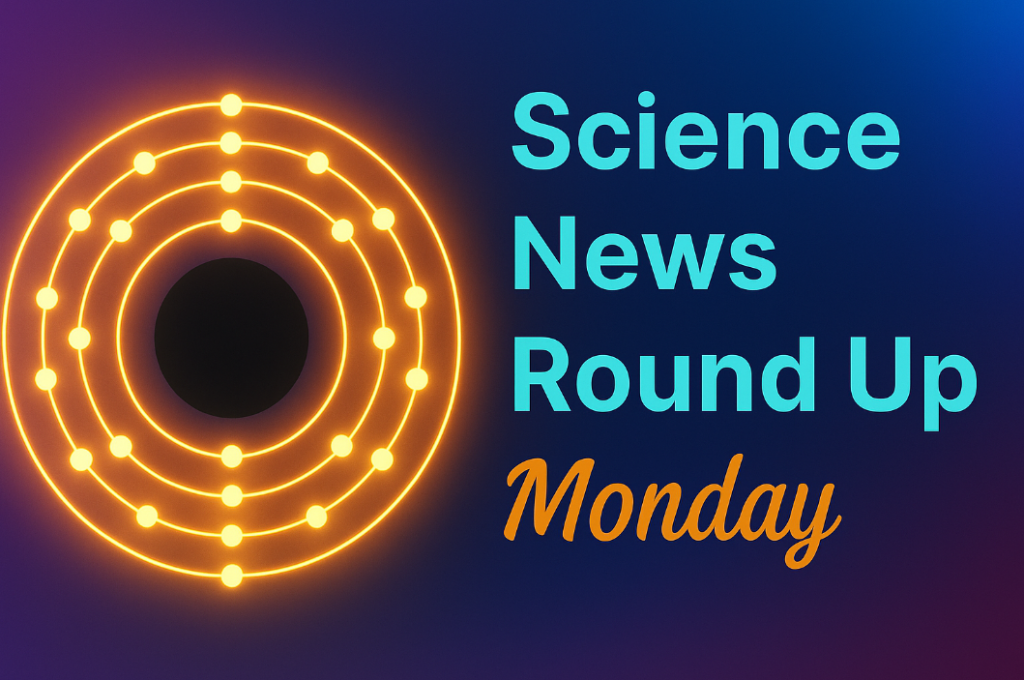
Science News Round Up, June 9, 2025
Time is Running Out—Expand Your Scientific Insight!
Receive trusted insights that empower you to understand and contribute to the world of science. Our fully independent, self-funded work depends on your subscription. 🔥 Your action matters—share this blog right now to expand our critical network of knowledge seekers!
8 foods that rebuild stem cells and fight cancer
Harnessing the power of specific foods rich in antioxidants, phytonutrients, and bioactive compounds can significantly enhance the body’s natural abilities to heal, regenerate, and protect itself. By incorporating multitasking nutritional champions like cruciferous vegetables, berries, green tea, and others into daily diets, individuals can promote stem cell production, create environments that deter cancer development, and accelerate fat metabolism, thus optimizing overall cellular and metabolic health. This dietary approach emphasizes variety, preparation methods, and meal timing, highlighting nutrition’s profound role in fostering long-term wellness alongside lifestyle factors like physical activity and stress management.
College professors don’t know how to catch students cheating with AI
Amid the surge of AI tools in academia, educators are struggling to distinguish between genuine student work and AI-generated content, as existing detection methods are unreliable and ethical guidelines remain vague. This challenge highlights a need to rethink assessment methods and consider the true purpose of education beyond merely acquiring qualifications, while recognizing AI’s inevitable role in future learning and professional environments.
First Amendment battle pits Philadelphia Gas Works against climate advocates in rate hike case
A contentious legal battle has emerged in Philadelphia, where a coalition of climate activists, the Energy Justice Advocates, asserts that Philadelphia Gas Works (PGW) is infringing on their First Amendment rights by demanding internal communications and strategies related to their opposition against the utility’s proposed 13% rate hike. The activists contend that PGW’s actions represent a hostile attempt to undermine public participation in the ratemaking process, as they argue for shifting the utility’s business model to address climate concerns and align with the city’s environmental goals.
Ripples in the fabric of space-time

In a groundbreaking development, scientists have detected evidence of a low-frequency gravitational wave background for the first time, potentially revolutionizing our understanding of the universe. This discovery, made using pulsar timing arrays, hints at the possibility of gaining insights into phenomena such as merging supermassive black holes and even the moments following the Big Bang, challenging previous assumptions about the structure and history of the cosmos and presenting new opportunities to explore gravitational waves beyond traditional electromagnetic astronomy.
The top choice for UF president was rejected. What’s next?
The Florida Board of Governors’ rejection of Santa J. Ono as the next president of the University of Florida underscores a heightened politicization in the state’s higher education system, as conservative leaders increasingly scrutinize candidates based on ideological alignment rather than solely on academic qualifications. Despite Ono’s pledges to align with Florida’s educational vision, the board’s decision reflects mounting conflicts between political goals and academic independence, leaving UF’s leadership in a precarious position as it seeks a new candidate who can navigate this politically charged landscape.
Trump’s Feud With Musk Could Derail xAI’s $5B Deal – And the Future of Open-Source AI
Elon Musk’s xAI is pursuing $5 billion in debt financing to build competitive AI infrastructure, but faces significant political risk from potential interference by President Donald Trump, which could threaten the company’s mission of providing an open-source alternative to AI giants like OpenAI. This situation highlights the troubling precedent where tech innovation’s success may increasingly depend on political approval rather than market demand or technological merit, endangering the future of open and decentralized AI development.



